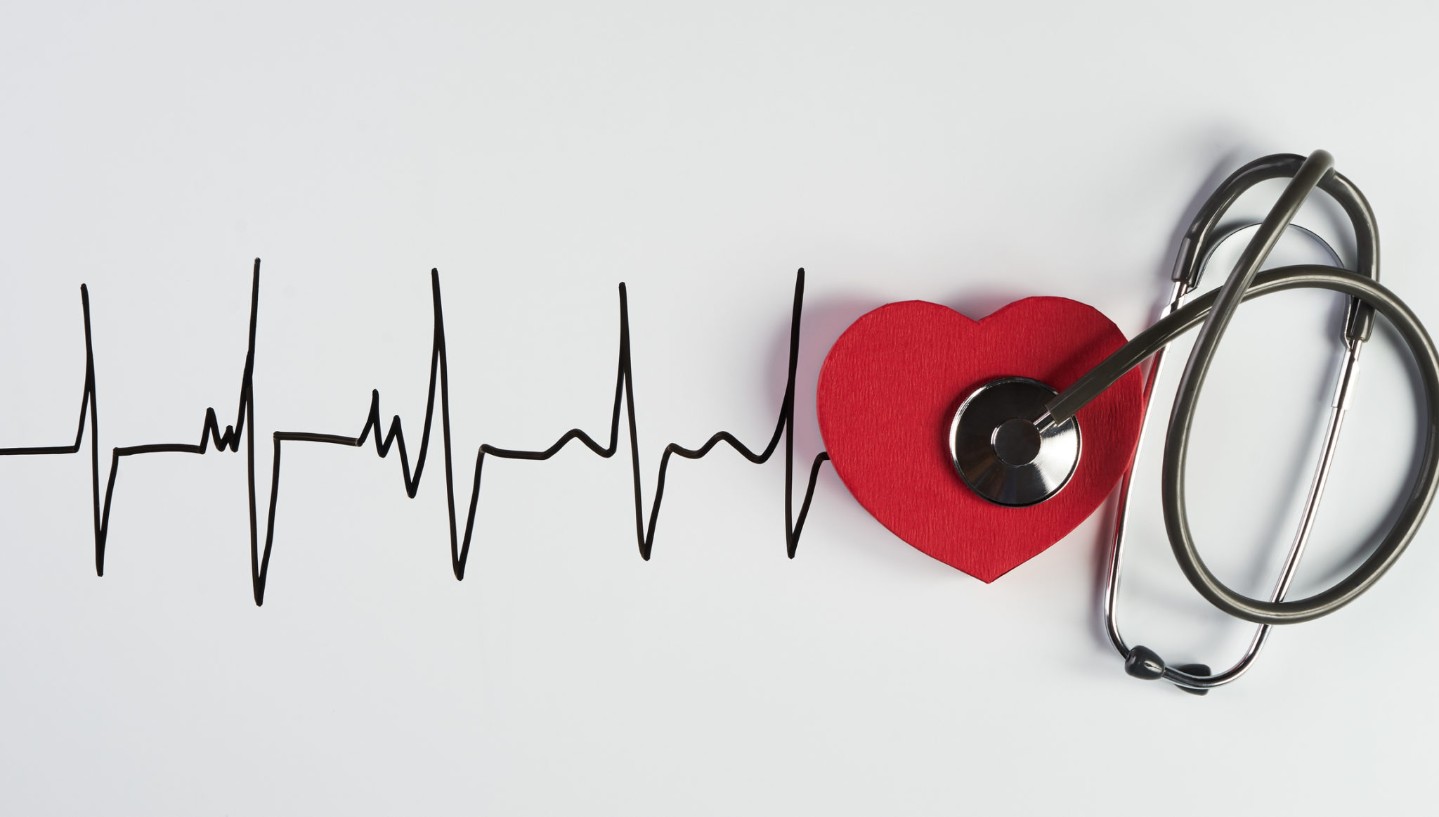Heart Valve Disease - Is It Worse Than Cancer?
JUN 04, 2024Many people put up with symptoms like shortness of breath and fatigue, or explain away a heart murmur that’s actually a sign of something more serious.
Read More
Tim Russert, a noted journalist and political commentator, died suddenly last summer of a heart attack. The autopsy demonstrated extensive blockage in the coronary arteries. Many people have wondered if Mr. Russert’s death could have been prevented. From the articles I have read I have learned that he had good physicians—both an internist and a cardiologist—and presumably adequate insurance and finances to pay for medication and medical tests. He was intelligent, educated and an undoubtedly very motivated individual who most certainly had a solid knowledge of what constitutes a heart-healthy lifestyle. So how could this have happened? This question has been debated in the news and on-line my many experts and we may never have a consensus on this issue. One thing is certain, however: heart disease is back in the spotlight and this can’t be a bad thing.
What we don’t know about Mr. Russert’s case is whether he had any symptoms that would have suggested a recent instability in his coronary disease. Sure, the news reports cite his doctors’ claims that Mr. Russert was free of symptoms and I imagine his family had no suspicion that something was wrong. What I wonder is whether he had some of the vague, nonspecific, or mild symptoms that people sometimes get prior to a heart attack that he perhaps disregarded as irrelevant.
I see it all the time. After I finish caring for someone with a heart attack I go into further detail about their recent experience. I often hear them say “Come to think of it, I have had more indigestion than usual,” or “Now that you mention it I do remember getting more winded walking up a flight of stairs.” I don’t think this is intentional neglect—most people are not conditioned to think of any change in chest symptoms as a marker for an impending heart attack.
It’s also possible Mr. Russert truly had no premonitory symptoms. It is unfortunately not uncommon for death to be the first and only symptom of a large heart attack. Still, if any good comes from Mr. Russert’s untimely demise it is that the issue of heart disease finds its way onto the front page of the newspapers again. Who knows how many middle-aged men with early heart attacks have allowed themselves to be brought to the hospital simply because they read about Tim Russert. One such example was published in the New York Times. The article is written in first person by a producer for ABC news who became more short of breath than usual as he was out for a bike ride with friends. The author writes:
“That’s when Tim Russert popped into my head. In the last couple of weeks, like almost every middle-age man, I had taken a very personal interest in every detail of his story. Yes, he was overweight. But hadn’t he just passed a stress test?
“That’s when the light went on.”
The author went to the ER, was diagnosed with a heart attack, and a couple hours later was in stable condition and the owner of a new stent in his heart.
As sad as it is to lose anyone to heart disease I’m grateful the general population pays attention to it every now and again—it just might save a few of them.

Many people put up with symptoms like shortness of breath and fatigue, or explain away a heart murmur that’s actually a sign of something more serious.
Read More
Blood-thinning medications are the long-standing treatment for Afib because they help prevent the formation of clots or break up existing clots which can cause a stroke. Unfortunately, these medications also increase your risk for bleeding.
Read More
Could you be walking around with a tiny hole in your heart and not know it? That’s the case for one in four people, due to an anatomic condition.
Read MoreWhen you need local health information from a trusted source, turn to the CHI Health Better You eNewsletter.